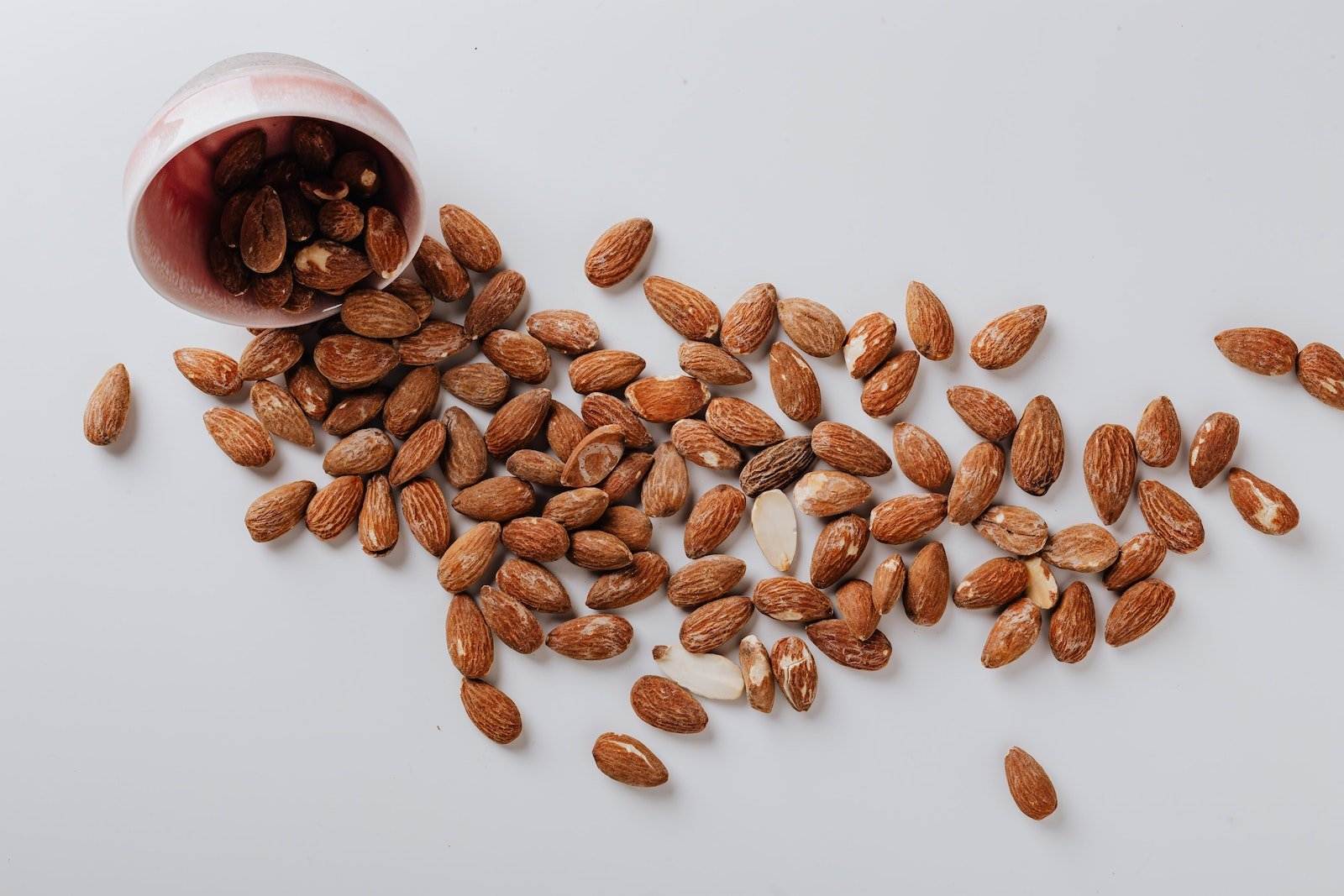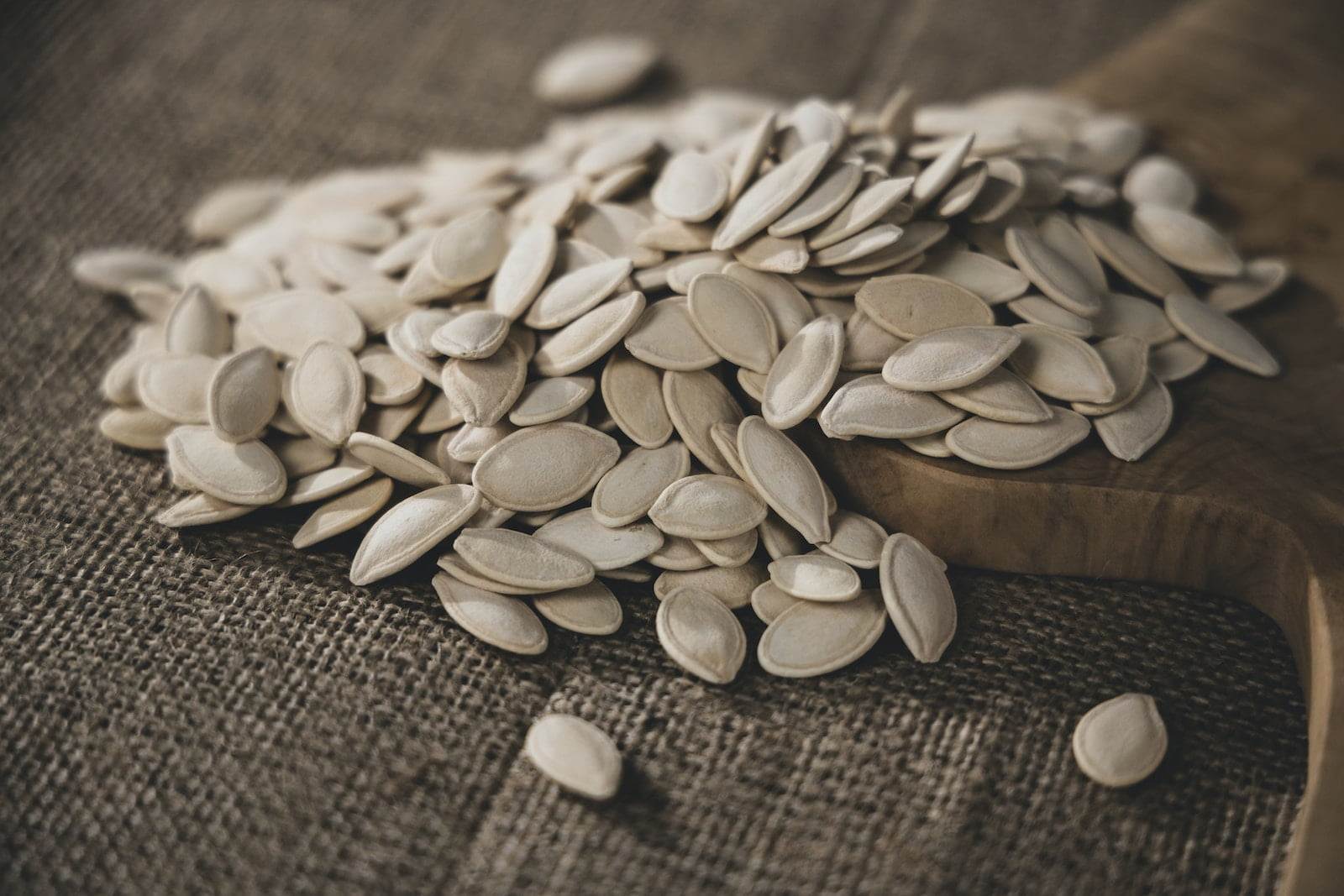Table of Contents
The Importance of Muscle Health and Protein: A Prologue
Muscle Health and Middle Age: A Vital Connection
In the grand tapestry of life, middle age emerges as a crucial juncture. It’s a stage marked not just by wisdom acquired over years, but also by physical changes that warrant closer attention. Chief among these is muscle health.
One might ask, why such emphasis on muscle health, particularly after middle age? The answer lies in the intrinsic link between our muscles and our daily functionality. Imagine muscles as the strings of a puppet. Just like the puppet is at the mercy of its strings for movement, our bodies rely on our muscles to perform virtually every physical action, from the simplest act of picking up a pencil to the more strenuous task of moving furniture. As we age, these “strings” naturally lose their strength, their vitality. This is where the significance of maintaining muscle health in middle age and beyond becomes all the more apparent.
Protein: The Unsung Hero of Muscle Health
If our muscles were a kingdom, protein would undoubtedly be its reigning monarch. A nutrient of paramount importance, protein is fundamentally involved in building and maintaining muscle mass. It’s akin to the bricks and mortar of a building, providing the necessary structure and support.
However, the role of protein is not confined to the realm of muscle health alone. It pervades through various facets of our overall health, exerting a profound influence. From forming the building blocks of our cells, tissues, and organs, to aiding in crucial bodily functions such as digestion and blood clotting, protein makes its presence felt.
Sadly, despite its critical importance, protein often gets sidelined in our diets. Many of us, unknowingly, fall short of the recommended daily protein intake, leading to an array of health issues. It’s like running a car on an empty tank, eventually, the engine would falter.
As we delve further into the importance of muscle health and the role of protein, let’s bear in mind this fundamental connection. Like two pieces of a puzzle, muscle health and protein are intricately linked, each influencing and depending on the other. In the journey towards achieving optimal health, especially in our middle years and beyond, understanding this connection is our first step.

The Intricacies of Muscle Health and Aging
Unraveling the Effects of Aging on Muscle Health
As the hands of time steadily move forward, our bodies experience a myriad of changes. Among these, the decline in muscle health holds significant importance.
Picture a fresh apple, firm and crisp. As it ages, it gradually loses its firmness, becoming softer and less resilient. Similarly, our muscles, once robust and strong, begin to lose their strength and vitality as we age. This phenomenon is primarily due to the natural loss of muscle mass, a process known as sarcopenia.
It’s akin to the gradual fading of color from a vibrant painting, where the vivid hues are our muscle fibers, slowly diminishing over time. It’s a normal part of aging, yet its effects can profoundly influence our quality of life, impacting our mobility, balance, and overall physical capabilities.
The Natural Process of Sarcopenia
Just like the aging apple, our muscles undergo a similar process. As we age, our muscle fibers naturally diminish, leading to a decrease in muscle mass. This process, known as sarcopenia, can impact our daily functionality and overall physical capabilities.
The Role of Protein in Preventing Muscle Loss
But here’s the silver lining. Just as a vigilant curator can prevent the fading of a painting, we too can counteract the natural loss of muscle mass. The key to this lies in a nutrient we are all familiar with – protein.
Protein plays a fundamental role in muscle health. Think of it as a vigilant builder, constantly working to repair and rebuild our muscle tissues.
Amino Acids: The Building Blocks
When we consume protein, our body breaks it down into amino acids. These amino acids then act like tiny construction workers, repairing damaged muscle tissues and building new ones. Hence, by consuming adequate protein, we can help maintain our muscle mass, effectively warding off the effects of sarcopenia.
The Perils of Protein Deficiency on Muscle Health
However, a deficiency of protein can spell disaster for our muscle health. It’s like pulling the plug on our team of tiny construction workers. Without enough protein, our body can’t repair and rebuild muscle tissues effectively. This could lead to a faster rate of muscle loss, exacerbating the effects of sarcopenia.
The Vicious Cycle of Muscle Loss
Moreover, our body, in its quest for the essential amino acids, might start breaking down muscle tissues to access them. This could lead to a vicious cycle of muscle loss, akin to a sinking ship that’s losing more and more of its structure.
The Importance of Prevention
In essence, understanding the connection between muscle health and aging, and the crucial role of protein therein, is vital. It’s a testament to the age-old adage, “Prevention is better than cure”. By ensuring adequate protein intake, we can effectively keep the natural decline of muscle health at bay, promoting a more active and fulfilling life as we age.

Protein and Skin Health: An Intimate Connection
Unraveling the Protein-Skin Health Relationship
When we think of protein, we often envision its role in muscle health. However, protein’s influence extends beyond muscles, reaching the very surface of our bodies – our skin. The relationship between protein and skin health is indeed profound, and not unlike a symphony orchestra where protein is the conductor leading the ensemble of skin cells in harmony.
Imagine for a moment a world where protein is deficient. In this world, the orchestra of skin cells is without a conductor. The music – the vitality of the skin – becomes disjointed, dissonant. In real terms, a deficiency of protein can lead to numerous skin health issues. The skin might become dry, flaky, and more prone to damage. Like a car without enough oil, it lacks the necessary lubrication for smooth operation.
Protein and the Symphony of Collagen Synthesis
Key among protein’s roles in skin health is its involvement in collagen synthesis. Collagen, a type of protein itself, is the primary structural component of the skin, providing strength and elasticity. It’s like the framework of a well-built house, holding everything together.
In the presence of adequate protein, this collagen framework remains robust and resilient. The skin retains its elasticity and smoothness, akin to a freshly inflated balloon. Wrinkles, the telltale signs of skin aging, are kept at bay.
However, a deficiency of protein can disrupt this harmony. The house’s framework weakens, and the balloon begins to deflate. The skin loses its elasticity, becoming more prone to wrinkles and sagging.
The Imperative of Adequate Protein Intake for Skin Health
In light of these impacts, the importance of adequate protein intake for skin health cannot be overstated. Just as a well-tuned orchestra needs a competent conductor, our skin needs adequate protein to maintain its health and vitality.
In essence, ensuring a diet rich in protein can help maintain not only muscle health but also skin health. It’s like hitting two birds with one stone. As we navigate our dietary choices, let’s remember to pay homage to this humble nutrient, acknowledging its far-reaching impacts on our health. As the saying goes, ‘beauty is only skin deep’. But perhaps, with adequate protein, beauty can indeed be deeper than it seems.
The Holistic Benefits of Protein Intake: Beyond Muscles and Skin
Protein: A Guard Against Osteoporosis and Dementia
In our journey through the protein landscape, we’ve explored its significance in muscle and skin health. But the story doesn’t end here. The benefits of protein intake extend to other aspects of health, notably in the prevention of osteoporosis and dementia.
Imagine a bridge, the steel beams of which represent our bones. Just as those beams provide the bridge with strength and structure, our bones do the same for our bodies. Protein, in this analogy, is the maintenance crew that ensures the beams remain strong and resilient. It plays a vital role in bone health, helping to maintain bone density and strength. By consuming adequate protein, we may reduce our risk of osteoporosis, a condition characterized by weakened, brittle bones.
Similarly, protein has a role to play in our brain health. It’s like the electricity that powers the complex network of lights in a bustling city, that city being our brain. Numerous proteins are involved in brain function, from facilitating communication between nerve cells to repairing damaged cells. Hence, maintaining adequate protein intake is crucial for brain health, potentially helping to stave off cognitive decline and dementia.
Protein: A Pillar of Overall Health
At this point, it’s clear that protein is not merely a player but a pillar of overall health. It’s like the root of a tree, quietly supporting the branches of various health aspects – muscles, skin, bones, and brain.
The role of protein in overall health is multifaceted. Beyond what we’ve already explored, protein is also involved in the production of enzymes, hormones, and antibodies. These functions are critical for our body’s daily operations, from digesting food to fighting off infections. In short, protein is a vital cog in the intricate machine of our body.
Addressing the Elephant in the Room: Insufficient Protein Intake
Despite the myriad benefits of protein, many of us fall short in meeting our daily protein needs. It’s like having a powerful engine but not supplying it with enough fuel. Without sufficient protein, our body’s functions could be compromised, from muscle repair to skin health and beyond.
The reasons for this shortfall may vary, from dietary restrictions to a simple lack of awareness about protein’s importance. However, this common issue of insufficient protein intake is one that needs addressing. Like adjusting the sails to harness the wind’s power, we must adjust our diets to harness the power of protein, ensuring we consume adequate amounts to maintain our health.
In summary, the benefits of protein intake extend far beyond what meets the eye. It’s not just about building muscles or maintaining skin health. It’s about supporting a myriad of functions that keep us healthy and active. As we navigate our health journey, let’s ensure protein takes its rightful place in our diets. After all, a journey of a thousand miles begins with a single step, and that step could be as simple as including more protein in our meals.

Harnessing the Power of Protein-Rich Foods
A Culinary Tour: Meet Your Protein Heroes
In our quest for adequate protein intake, let’s turn our attention to the dining table, where some unsuspecting heroes hold the power of protein. These heroes aren’t cloaked in capes but rather nestled in our everyday meals. They’re foods like eggs, anchovies, dried pumpkin seeds, chickpeas, and black beans, each an excellent source of protein.
Imagine these foods as characters in a superhero team, each with its unique power. Eggs, the versatile staple, can easily fit into any meal. Anchovies, the tiny but mighty, pack a protein punch in a small package. Dried pumpkin seeds, the crunchy delight, add both protein and texture to your dishes. Chickpeas, the humble legume, offer a plant-based protein source. And black beans, the hearty filler, provide a protein boost to various cuisines.
Building and Maintaining Muscle Mass: A Culinary Approach
These protein-rich foods are instrumental in building and maintaining muscle mass. It’s as if they’re the raw materials delivered to a construction site, where our body, the builder, uses them to repair and construct muscle tissues.
Eating these foods is akin to keeping the supply of raw materials consistent, allowing the construction – muscle repair and growth – to continue without interruptions. By incorporating these foods into our diets, we ensure a steady supply of protein, empowering our bodies to maintain muscle health effectively.
Unleashing the Health Benefits of Protein-Rich Foods
Beyond muscle health, these protein-rich foods offer a plethora of other health benefits. It’s like unlocking a treasure chest filled with health gems.
For instance, eggs, besides protein, are a source of vitamins and minerals essential for various bodily functions. Anchovies are rich in omega-3 fatty acids, promoting heart health. Dried pumpkin seeds offer a generous amount of antioxidants, supporting our immune system. Chickpeas and black beans, as legumes, are high in fiber, promoting digestive health.
Moreover, these foods, rich in protein, contribute to overall well-being. They support brain function, memory, and bone health. They’re like the multi-tool in a survival kit, offering numerous utilities in one package.
In conclusion, incorporating these protein-rich foods into our diet is a delicious and practical approach to harnessing the power of protein. Remember, every meal is an opportunity to nourish our bodies. So, let’s seize these opportunities, making the most of our meals by adding these protein heroes to our plates. After all, a healthy outside starts from the inside.
The Widespread Benefits of Protein-Rich Foods: A Symphony of Health
Boosting Brain Function and Memory: The Protein Advantage
In our body’s orchestra, the brain is the maestro, guiding the symphony of bodily functions. It’s the control center, the grandmaster of our existence. Now, let’s envision protein-rich foods as the fuel that keeps this maestro in top form, enhancing its capacity to conduct the symphony.
Consuming protein-rich foods like eggs, anchovies, dried pumpkin seeds, chickpeas, and black beans can indeed boost brain function and memory. These foods provide essential amino acids – the building blocks of proteins – which our brain uses to synthesize neurotransmitters, the chemical messengers of our nervous system.
Imagine these neurotransmitters as the maestro’s baton, directing the rhythm and pace of the orchestra. With adequate protein, the maestro’s baton is always in good shape, allowing it to effectively guide the symphony. This translates to improved brain function and memory, enabling us to think clearly, learn effectively, and recall information swiftly.
Protein-Rich Foods and Bone Health: An Unseen Connection
While bones may be out of sight, they should never be out of mind. Like the sturdy stage that supports the orchestra, our bones provide structure and support to our bodies. Consuming protein-rich foods plays a vital role in maintaining this stage’s strength and resilience, promoting bone health.
How so, you ask? Well, protein contributes to bone density and strength. It’s like the high-quality paint that protects the stage from wear and tear, ensuring it remains robust and durable. A diet rich in protein helps maintain this protective layer, reducing the risk of conditions like osteoporosis.
The Overall Well-being Sonata: The Outcome of a Protein-Rich Diet
When we string together the benefits of consuming protein-rich foods, we compose a sonata of overall well-being. It’s not just about the individual notes of muscle health, skin vitality, brain function, or bone strength. It’s about the harmony they create when played together.
A protein-rich diet, with foods like eggs, anchovies, dried pumpkin seeds, chickpeas, and black beans, fuels this sonata. It supports the functions of various body systems, promoting overall well-being. It’s like the consistent rhythm that carries the melody of the sonata, binding the individual notes into a cohesive piece.
In essence, the benefits of a protein-rich diet are widespread, touching various aspects of our health. By harnessing the power of protein-rich foods, we can compose our unique sonata of well-being, enabling us to lead healthier, more vibrant lives. As we conclude our protein journey, let’s remember that every meal, every bite, is a note in our sonata. So, let’s make every note count, fueling our bodies with the protein they need to perform their best.

Conclusion: The Protein Symphony and the Art of Aging Well
The Protein Symphony: A Recap
As we bring our protein journey to a close, let’s take a moment to admire the symphony we’ve composed. It’s a melody of health, powered by the magic of protein.
We’ve discovered how protein is instrumental in maintaining muscle health, particularly as we navigate the middle age and beyond. It’s the sustenance that keeps our muscles robust, allowing us to embrace an active and vibrant lifestyle.
We’ve explored the connection between protein and skin health, understanding how it contributes to collagen synthesis, skin elasticity, and a youthful appearance. Protein, we’ve learned, is the secret ingredient in our skin’s resilience recipe.
Finally, we’ve delved into the holistic benefits of a protein-rich diet, appreciating its role in boosting brain function and memory, promoting bone health, and contributing to overall well-being. In essence, protein is the maestro conducting our health symphony, enabling us to lead healthy, fulfilling lives.
The Art of Dietary Adjustment: A Call to Action
Now, with the knowledge of protein’s importance, it’s time for reflection. It’s time to review our dietary habits, assess our protein intake, and consider necessary adjustments.
Perhaps it’s time to invite more eggs, anchovies, dried pumpkin seeds, chickpeas, and black beans to our dining tables. Maybe it’s time to experiment with new recipes, discovering delicious ways to incorporate these protein heroes into our meals. Ultimately, it’s about fostering a mindful eating approach, ensuring we nourish our bodies with the protein they need.
Aging Well: The Role of Nutrition
As we conclude, let’s reflect on the role of nutrition in the art of aging well. It’s not merely about adding years to our life; it’s about adding life to our years. And nutrition, with protein playing a starring role, is a key player in this pursuit.
Adequate protein intake, complemented by a balanced diet and healthy lifestyle, can support us in aging gracefully, allowing us to embrace each passing year with health and vitality.
In the grand symphony of life, let protein be the powerful note that resonates, the maestro that guides, and the rhythm that carries us forward. Because, after all, a well-nourished body is the first step towards a well-lived life.
FAQs
Why is protein so important in our diets?
Protein is a vital nutrient for our bodies. It’s the building block of our cells, tissues, and organs and plays a key role in crucial bodily functions like digestion and blood clotting. Protein also contributes to muscle health, skin health, brain function, and bone health, among other things.
What happens if we don’t get enough protein?
Insufficient protein intake can lead to a variety of health issues. In terms of muscle health, a lack of protein can lead to muscle loss. When it comes to skin health, protein deficiency can result in dry, flaky skin and a reduction in elasticity. Additionally, insufficient protein can impact brain function, memory, and bone health.
How can we ensure we’re getting enough protein?
It’s important to incorporate protein-rich foods into your diet. Some examples include eggs, anchovies, dried pumpkin seeds, chickpeas, and black beans. Try to experiment with new recipes to find delicious ways to incorporate these protein heroes into your meals.
What is the connection between protein and aging?
As we age, our muscle health naturally declines. Ensuring adequate protein intake can help keep this decline at bay, promoting a more active and fulfilling life. Additionally, protein contributes to skin elasticity, which can help prevent wrinkles and other signs of aging. Protein also supports brain function and bone health, both of which are crucial for aging well.
What role does protein play in bone health?
Protein contributes to bone density and strength, which is crucial for maintaining bone health. A diet rich in protein can help maintain this protective layer, reducing the risk of conditions like osteoporosis.
What are some easy ways to include more protein in my diet?
Try to include more protein-rich foods in your meals. This could be as simple as adding some eggs to your breakfast, including anchovies in your salad, or incorporating chickpeas and black beans into your stews and soups. Dried pumpkin seeds can be a great snack or salad topping as well.
